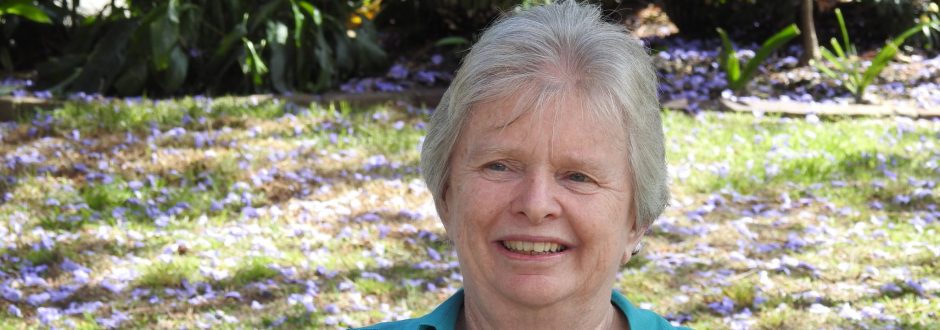It seems much of the violence we observe or experience in everyday life within our civilised societies comes from the cultivation of and the acceptance of vices, writes Good Samaritan Sister Clare Condon.
BY Clare Condon SGS
Is a new wave of violence eroding civilised society? During the past two weeks as I’ve watched the evening television news, I have been aghast as item after item reported on violence surrounding us.
News items included violence in family relationships, an unprovoked murder on Sydney’s streets, road rage, reports of institutional violence in our Defence Forces and the Church through sexual abuse and bullying, and even the verbal and political violence advocated by slogans like “Stop the boats”.
It left me pondering some fundamental questions. As human beings do we naturally have violent and aggressive tendencies? Or, is violence a learnt behaviour? Do environmental factors and culture play an important role? Why is there war? Why is there peace? Are humans becoming more violent or has it always been so?
There are considerable studies that suggest human beings have always been violent. History tells us of territorial and tribal wars. And yet, the case has been made by some studies that modern Western society is now more peaceful than at any previous time in history.
In my lifetime, however, it seems we are encountering a period of ever-increasing aggression and violence among citizens. What is it that leads people, who are often seeking to communicate individual and societal distress, anxiety and need, to take an aggressive and violent stance? It is not always fuelled by drugs and alcohol.
Women are often the subject of violence. In institutional settings violence towards women mostly takes the form of bullying, rape and sexual abuse. The recent Federal Government DLA Piper Report on bullying, sexual harassment and abusive behaviour in the Australian Defence Forces raises many questions about the processes used to train people to engage in armed battle – to become professional killers.
How young people are educated to deal with the stresses and strains placed upon their bodies and their psyches in such an environment will either give them skills to actually foster peace and integrity within themselves and with others, or, on the contrary, it will leave them bereft of basic relational skills.
When a total institution is in control, one needs to ask the question constantly: where are the educative and formative avenues for growth in freedom and responsible adulthood? Is aggression an officially sanctioned way of releasing one’s inner tensions? If so, then the logic follows that it is alright to abuse another when it is sanctioned by the hierarchy. It becomes part of the so-called male bonding. The same kind of initiation rites have been part of many university colleges and seminaries of the past.
It seems to me that much of the violence we observe or experience in everyday life within our civilised societies comes from the cultivation of and the acceptance of vices – vices which can be accepted even in impressionable children, such as greed, anger, depression, pride, self-excusing, insolence, arrogance, boasting, compulsions, jealousies, deceit, revenge, hatred, cursing, speaking ill of others and envy. It’s quite a list when one begins to name them.
Hence, there may be no or little encouragement in the formation of children towards the development of self-control and fostering from an early age the ‘old-fashioned’ virtues of respect, patience, temperance, true humility, honesty, kindness, tolerance, speaking well of others and generosity as key personal and societal values.
When our politicians, community and business leaders, sports stars, clergy, radio or television announcers verbally abuse one another as though this is the only way to relate or to question others, especially if they are one’s opponents, then respect and the other virtues of a civilised society begin to erode and eventually disappear. Abuse can become an acceptable way of communicating. The ‘slippery slope’ is there for all to see and to copy.
